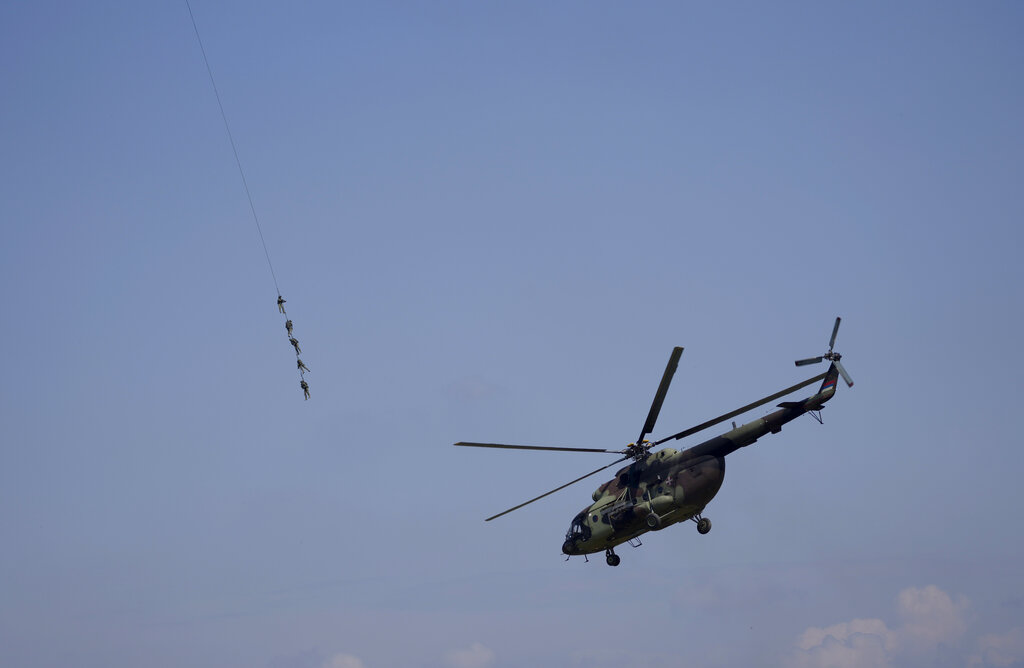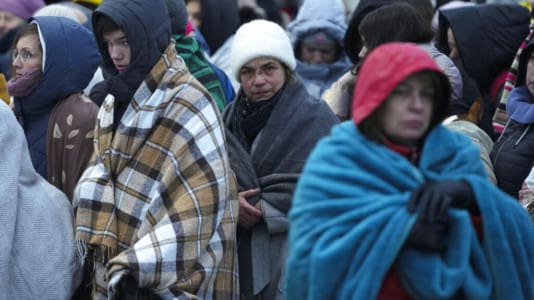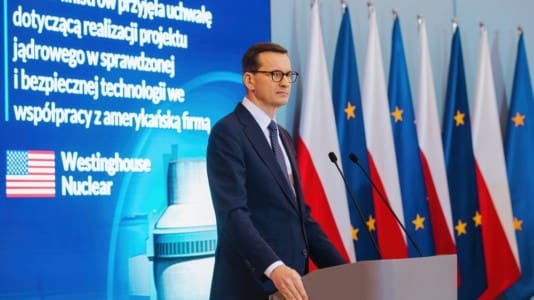The Serbian army announced on Wednesday, Nov. 2, that it had neutralized a drone flying close to military facilities near Kosovo.
“The drone, which was flying from the Kopaonik mountain in the direction of military installations, was “shot” down using electronic jamming measures,” the Serbian Defence Ministry said in a statement. It said the Serbian military would continue to neutralize drones that appear in the no-fly zone on the Serbia-Kosovo border. The origin of the drone, identified as a “commercial” drone, was not specified.
Several drones have reportedly entered Serbian airspace in recent days.
Serbian Defense Minister Miloš Vučević also said that several drones have entered his country’s airspace in recent days, coming from Kosovo. The Kosovo government has rejected the accusation, saying the drones did not come from its territory.
Tensions between Kosovo and Serbia have grown over efforts by the authorities in Pristina to force the Serb minority to replace license plates dating back to the 1990s, when Kosovo was part of Serbia, with Kosovo-style plates.
“I can’t tell you whose drones those were, but I can say that they all came from the territory of Kosovo,” Vučević told RTS TV, without giving further details.
He added that President Aleksandar Vučić, who is the supreme commander of Serbia’s armed forces, had issued an order to “eliminate” all drones entering Serbian airspace and placed Serbian forces on “heightened alert.”
Kosovar Defense Minister Armend Mehaj denied that the drones came from Kosovo. The ethnic Albanian majority in Kosovo rebelled against Belgrade’s repressive regime in 1998-1999 and eventually declared independence in 2008.
Kosovo’s independence has been recognized by more than 100 countries around the world, including 22 of the 27 members of the European Union, with the exceptions of Spain, Romania, Greece, Slovakia, and Cyprus.
“Such talk is just a pretext for increasing the number of Serb troops on the border with the Republic of Kosovo as a means of spreading panic among the citizens of both states,” Mehaj said.
Kosovo has tried several times this year to force people to replace their license plates, but it has met sometimes violent resistance in northern Kosovo, a stronghold of Serb nationalism. Last week, under pressure from the U.S. and the EU, Kosovo extended the transitional period for changing plates but warned that fines would begin after Nov. 21. After April 21 next year, it would start confiscating cars that do not comply.
Nearly 15 years after declaring independence, some 15,000 ethnic Serbs living in northern Kosovo continue to regard the region as part of Serbia and reject the authority of the Kosovar state. NATO continues to have some 3,700 peacekeeping troops in Kosovo.






